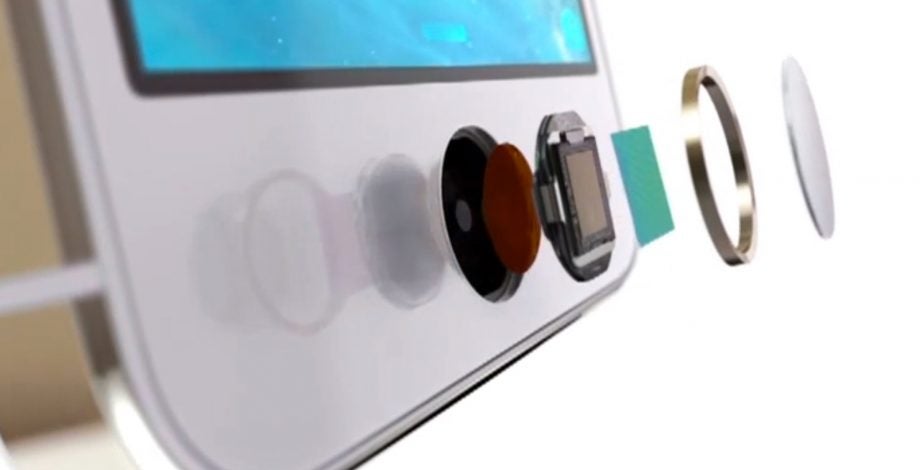Face ID or Touch ID? Apple’s new iPhones could upset a lot of people

Apple has launched a trio of new iPhone models − the iPhone XS, iPhone XS Max and iPhone XR − all of which feature an iPhone X-style edge-to-edge screen, complete with display notch and, crucially, none of them have a Touch ID fingerprint sensor.
Apple has instead equipped all three handsets with the Face ID facial-recognition feature that made its first appearance on 2017’s iPhone X.
Read more: Best smartphone
Face ID has iPhone X users in the Trusted Reviews office divided and, to find out how our readers feel about the feature, we ran a poll on the website over the summer in partnership with Apester, asking: “Do you prefer Face ID or Touch ID on an iPhone?”
Of the 13,626 people who voted, 8806 (64.64%) chose Touch ID and 4818 (35.36%) chose Face ID.
For readers based in the UK, the gap was ever so slightly smaller, with 2530 people (60.89%) voting for Touch ID and 1625 (39.11%) choosing Face ID.
Even after accounting for the likelihood that at least some of these votes were submitted by people who may have never actually used Face ID before, the results of the poll speak for themselves.
[videoai]And they suggest that Apple’s decision to abandon Touch ID altogether this week will be met by more than a few grumbles.
Face ID was designed to be more convenient to use than Touch ID and, according to Apple, it’s also more secure. As the Face ID support page explains:
“Face ID uses the TrueDepth camera and machine learning for a secure authentication solution. Face ID data − including mathematical representations of your face − is encrypted and protected with a key available only to the Secure Enclave.
“The probability that a random person in the population could look at your iPhone X and unlock it using Face ID is approximately 1 in 1,000,000 (versus 1 in 50,000 for Touch ID).”
Read more: iPhone home button is dead
When Face ID works as it’s supposed to, it’s an excellent feature, unlocking your phone as soon as you pick it up − even in the dark. Unfortunately, there have been regular reports from iPhone X users over the past year or so, complaining about Face ID simply not working for them.
Some users say it’s also slower than Touch ID, despite it technically requiring one less action to use. Others merely don’t like the shift towards edge-to-edge phones, which leaves no room for a Touch ID button (at least on the front of the iPhone). In any case, it looks like Touch ID is going to be missed.
Which side do you stand on? Share your thoughts with us on Twitter @TrustedReviews.


